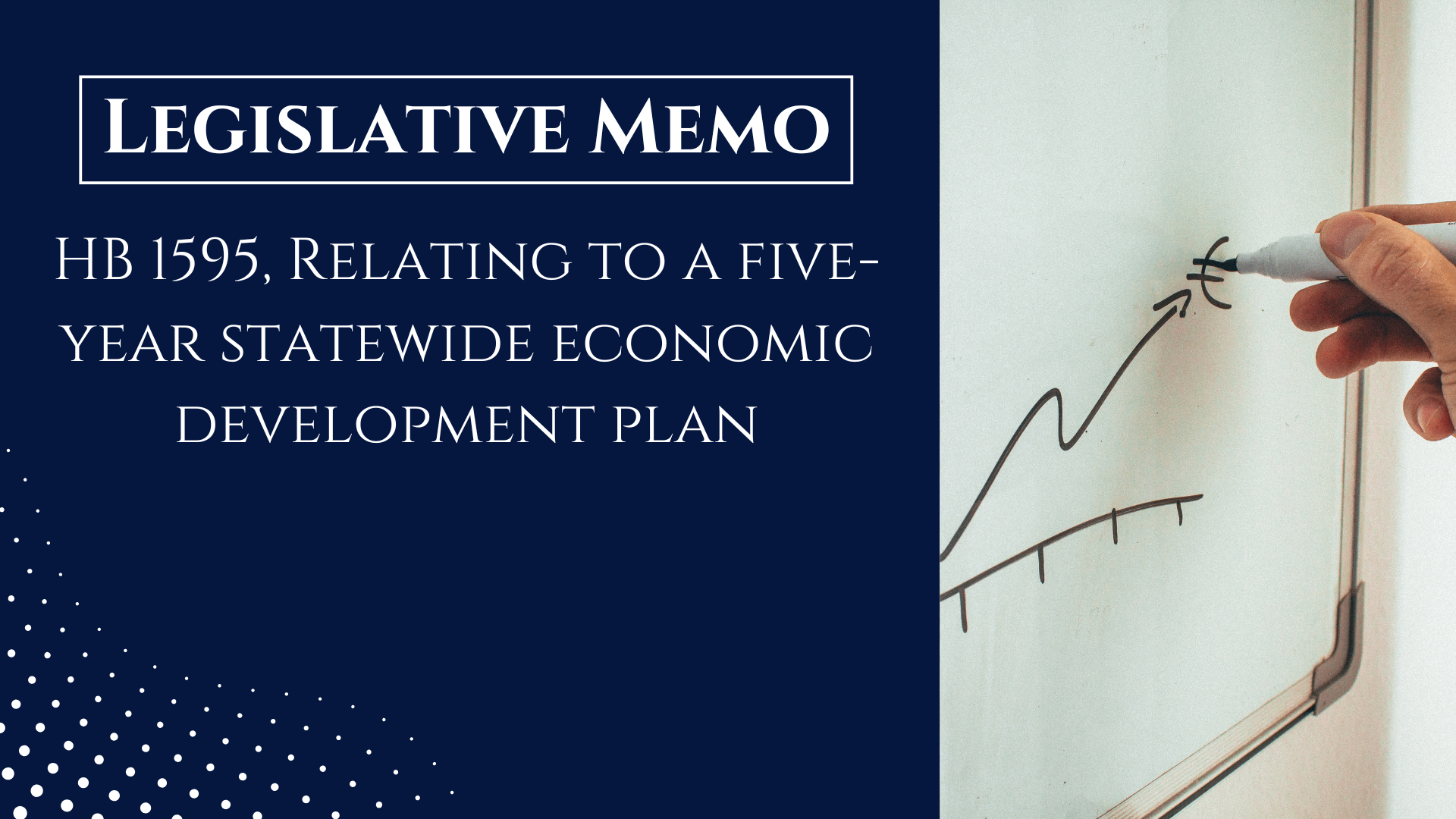As I write this, sitting in my Seattle office, I can tell you that my home on the Eastside is using exactly 1,315 watts of energy and that my garage freezer is on. This costs me about 9 cents per hour. This data comes to me instantaneously through an app on my phone.
 By way of contrast, the state’s data on its CO2 reduction goals is nearly four years old. As of July 2014, the state was emitting 17.3 million metric tons of carbon dioxide from electricity consumption in the state each year. As I noted recently, the Inslee Administration has not updated these data since that time, making it almost useless as a guide to policy.
By way of contrast, the state’s data on its CO2 reduction goals is nearly four years old. As of July 2014, the state was emitting 17.3 million metric tons of carbon dioxide from electricity consumption in the state each year. As I noted recently, the Inslee Administration has not updated these data since that time, making it almost useless as a guide to policy.
A member of the Inslee Administration had an interesting response to the fact that their data was so outdated. They argued that four years old wasn’t that bad.
That is as clear a difference between the power of market-based technology and government-run policy as there is.
Whether the issue is conserving energy or any other environmental challenge, the ability to receive immediate data about the resources we use is key to making good decisions. Policymakers, however, often rely on data that is years old to make policies that will only see results years from now.
Personal technology not only provides timely information to people and businesses, but also gives them the power to act quickly to reduce costs and resource use. Bureaucracies, however, are slow to receive data and because politicians and agency staff don’t feel the direct costs of those policies, they are slow to make changes when policies aren’t working as expected.
So, while I’ve already used immediately available data to swap lightbulbs in my kitchen, cutting their energy use by 80 percent, the state is using data from 2014 to determine how it might reduce emissions in 2019, with an assessment of the effectiveness (or, more likely, ineffectiveness) of those policies coming years later.
For those who truly care about the environment, would you put your faith in the information and action made possible by technology, or in politicians making the right decisions with old information and a system that prevents them from feeling the costs of their own policies?



